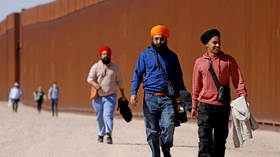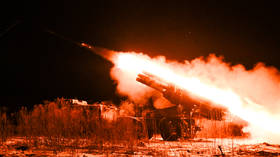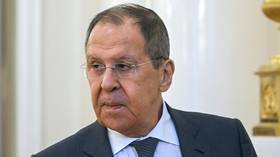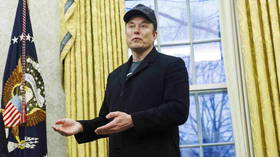Countries cautioned on rush to vaccinate children
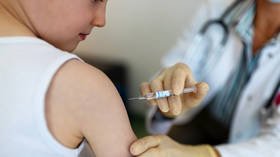
Adults and those with more risk factors remain the number one priority for vaccination, not children, the World Health Organization (WHO) urged, saying wealthy nations should share those extra vaccine supplies with poorer ones.
In guidance issued on Wednesday, the WHO noted that since children are at lower risk of severe Covid-19 symptoms than adults, wealthy countries should be sharing their vaccines with poorer ones, rather than prioritizing vaccinating the youngest population. Older people and high-risk groups remain the greatest burden of Covid-19.
"As children and adolescents tend to have milder disease compared to adults, unless they are in a group at higher risk of severe COVID-19, it is less urgent to vaccinate them than older people, those with chronic health conditions and health workers," the guidance said.
It also noted that many parts of the world “face extreme vaccine shortages” and countries that have vaccinated their highest-risk citizens should “prioritize global sharing” instead of giving jabs to kids.
Wealthy countries were urged to share their vaccines with the COVAX initiative, which is aiming for a fair and equitable distribution of vaccines across the world.
The WHO acknowledged that even though children can experience ‘long COVID-19,’ which includes long-term symptoms, this was still under investigation. The same risk factors that apply to adults – such as obesity, asthma, and heart disease – also apply to children.
The advice is in contrast with recent developments around the world and comes as many countries have begun authorizing vaccines for children in hopes of keeping infections down as we head into winter. Countries already vaccinating children include the US, UK, EU, Canada, China, India, and Israel.
Think your friends would be interested? Share this story!






